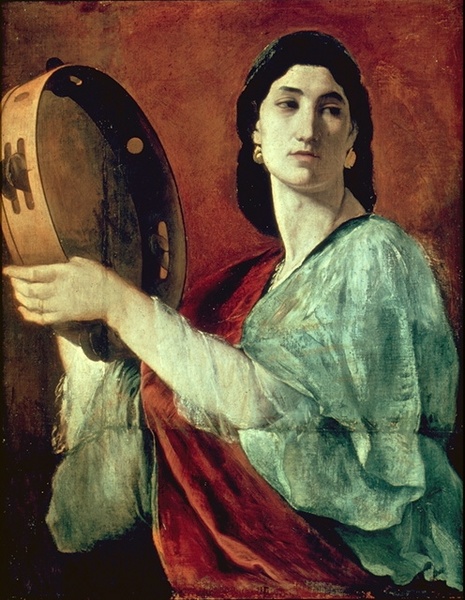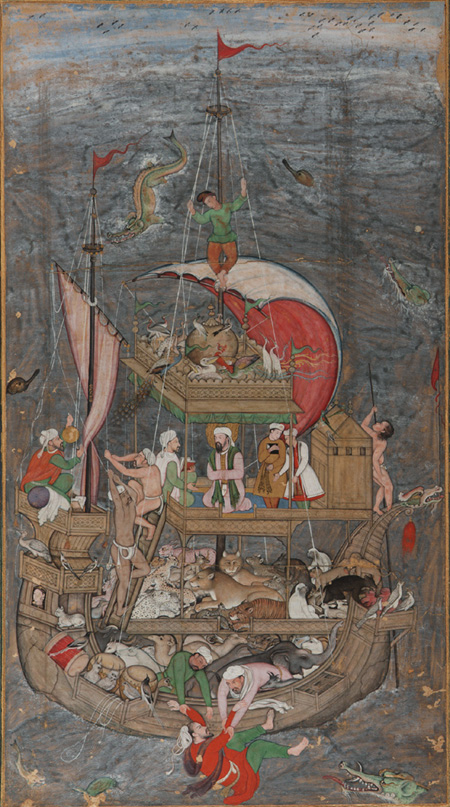_-_James_Tissot_-_overall.jpg) Luke 15:8-10
Luke 15:8-10It's just a coin.
Maybe, to you.
Something small,
replaceable.
Not to me.
Six hungry mouths to feed,
ten precious coins
for bread and meat,
ten times a hard day's work,
ten coins to last us
a week, maybe two.
And then?
We'll see
as we always do.
But now there's just nine.
Where is the lost?
It's just a coin.
Maybe, to you.
Not to me.
One night more
awake to the tune
of hungry children crying
themselves to sleep,
one day of labour wasted away,
one day's sweat poured out in vain,
precious hope and sustenance
collecting dust
somewhere under a cupboard.
It's just a coin.
But I will turn this house
upside-down if I must.
And I will sweep away the dust
and shine my light in the darkest corners,
move furniture, disturb the cat,
I will not rest
until I find that coin at last.
And when I do - celebration!
It's just a coin.
Maybe, to you.
And you can leave it where it lies,
and go on with your life.
But to me it's so much more -
and so much greater the joy
when I hold it in my hands again at last.
Imagine, then:
God,
a poor woman like me,
and you
the precious coin she seeks,
a precious coin she needs,
not worthless or small or replaceable,
not useless
but the fruit of sweat and tears,
valuable for the work ahead,
worth looking for.
____________________________________
[30. July 2019]
I looked up the estimated worth of a drachma in ancient times. It was the currency of ancient Greece, a silver coin. It would have been the daily wages for a skilled worker. I have read very different things about how much it was really worth, but I decided to bounce off the idea of it being the pay for a day's labour, as well as considering this woman had 10 in total so a whole tenth of her complete savings was missing. It makes me assume she can't have been a particularly rich woman.
The sentence "God is a poor woman" snuck into my mind. I like the thought. On the one hand the reminder that God knows our human experiences - including the experience of poverty. On the other hand the thought that poverty can teach you the value of things. God knows the value of things. He doesn't need "extra". We are precious to him like the coin to the poor woman, without being something "special" or especially "spiritual".
Also while writing I considered: money is payment for work, the result of work, and we are God's work - and also: money buys things, so what does God want to use us for, what is God "buying" with us? It made me think of our inclusion in God's mission. A poor woman can use money to buy food to feed her children, so I had to think of how we are called to serve others, feed the hungry, care for the needs of people around us, ... What could it mean for us to be God's coins?!
Art by James Tissot.




.jpg)

